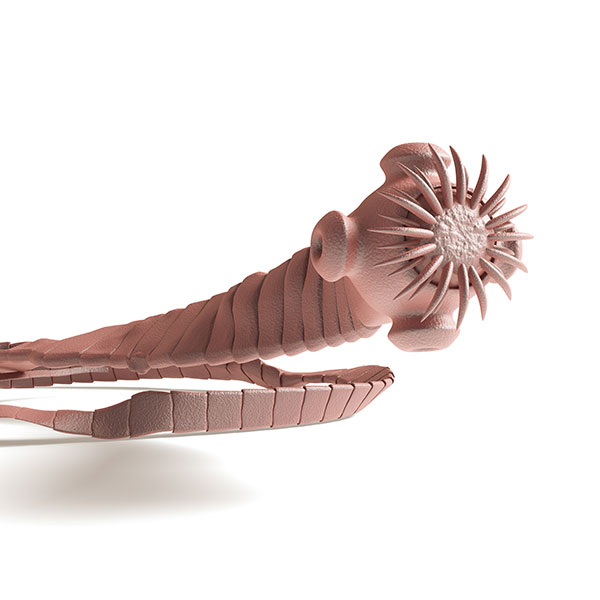Just as in humans a dog allergy can be very painful and uncomfortable. Where dogs cannot recognise and diagnose their own dog allergy, we on the other-hand can. We know enough to care for our skin and keep dermatitis at bay. A dog allergy can be extremely trying for both dog and owner.
Generally, most dog allergies can be traced back to a dog's diet. Rarely will dogs grow out of their allergies, plus, it's also unlikely that dog allergies are one-off. It's always recommended that you consult with your veterinarian if you suspect your dog has an allergy.
It's quite possible, when your dog has an allergy; it's something he/she will have for life. While treating the symptoms of your dog's allergy may bring great relieve to your dog, it's best to look at prevention. Your first priority when dealing with your dog's allergies should be a visit to the vet.
The sooner one acts, and starts treating their dog's allergies the easier and less stressful it will be in the long run. Whichever remedy you decide upon, will need to be an option you both can handle, as treatments are an ongoing commitment.
More and more dog owners are looking to natural solutions in the treatment of their dog's allergies. Some believe using natural diets and treatments offer less harmful side effects than conventional commercial based products. While it's always advised that you seek the advice of your Veterinarian when treating dog allergies, it can also be well worth looking to some alternative methods. In the book, "Veterinary Secrets Revealed" (available at http://veterinary-secrets-revealed.com), Dr. Andrew Jones focuses on alternative home treatments for dog allergies. According to Dr. Jones, allergies are one of the most common reasons that he sees pets.
Your dog's allergic reactions may be due to its diet or even something in its environment. The use of medicated shampoos or creams on your dog's dry or itchy skin may play a key role in making your dog less susceptible to allergies. Without a doubt, preventing your dog's allergies is by far, a much better option than constantly trying to cure what ails them. In terms of its physical condition, prevention can offer your dog a better quality of life.
So, if your dog is itching or scratching more than usual, shedding its skin, or suffer from unexplainable sores, then it is more than likely your dog has an allergy of some sort and a trip to the vet is advised. It's worth bearing in mind that dog allergies can be a long battle, therefore, the sooner one puts an on-going solution in place, the better it will be for all concerned.

 Summer Grooming: How to Keep the Outdoors Out
Summer is the perfect time to bond
Summer Grooming: How to Keep the Outdoors Out
Summer is the perfect time to bond
 Arthritis in Dogs Treatment – What To Choose?
Like h
Arthritis in Dogs Treatment – What To Choose?
Like h
 Tapeworms in Dogs: Symptoms, Treatment, & Prevention
What are Tapeworms?
Tapeworms are
Tapeworms in Dogs: Symptoms, Treatment, & Prevention
What are Tapeworms?
Tapeworms are
 Dog Diabetes Diet
Dog di
Dog Diabetes Diet
Dog di
 Grooming the Muddy & Stinky Dog
Tips for Cleaning Your Mud-Caked, S
Grooming the Muddy & Stinky Dog
Tips for Cleaning Your Mud-Caked, S